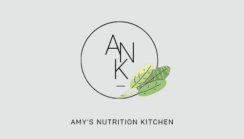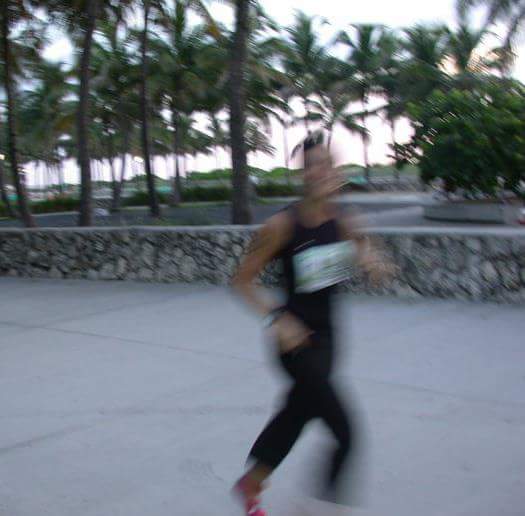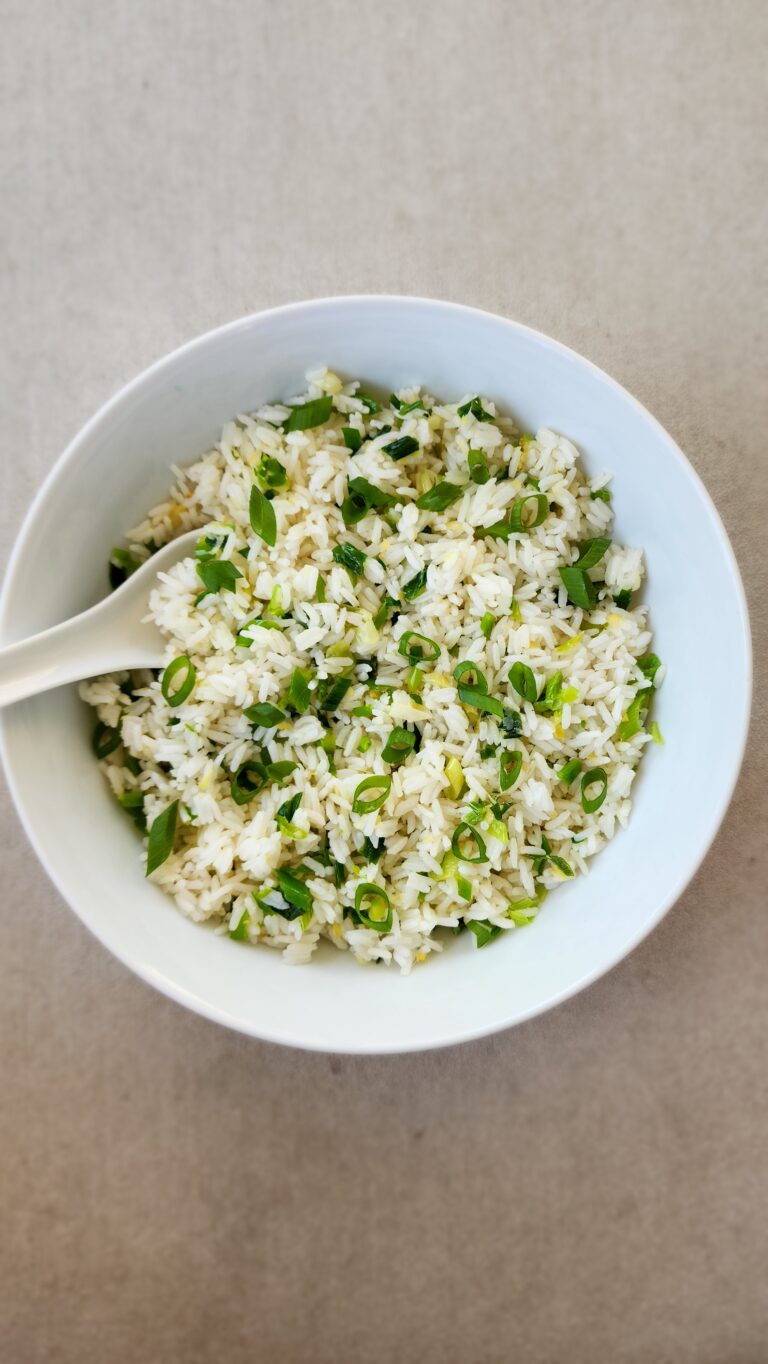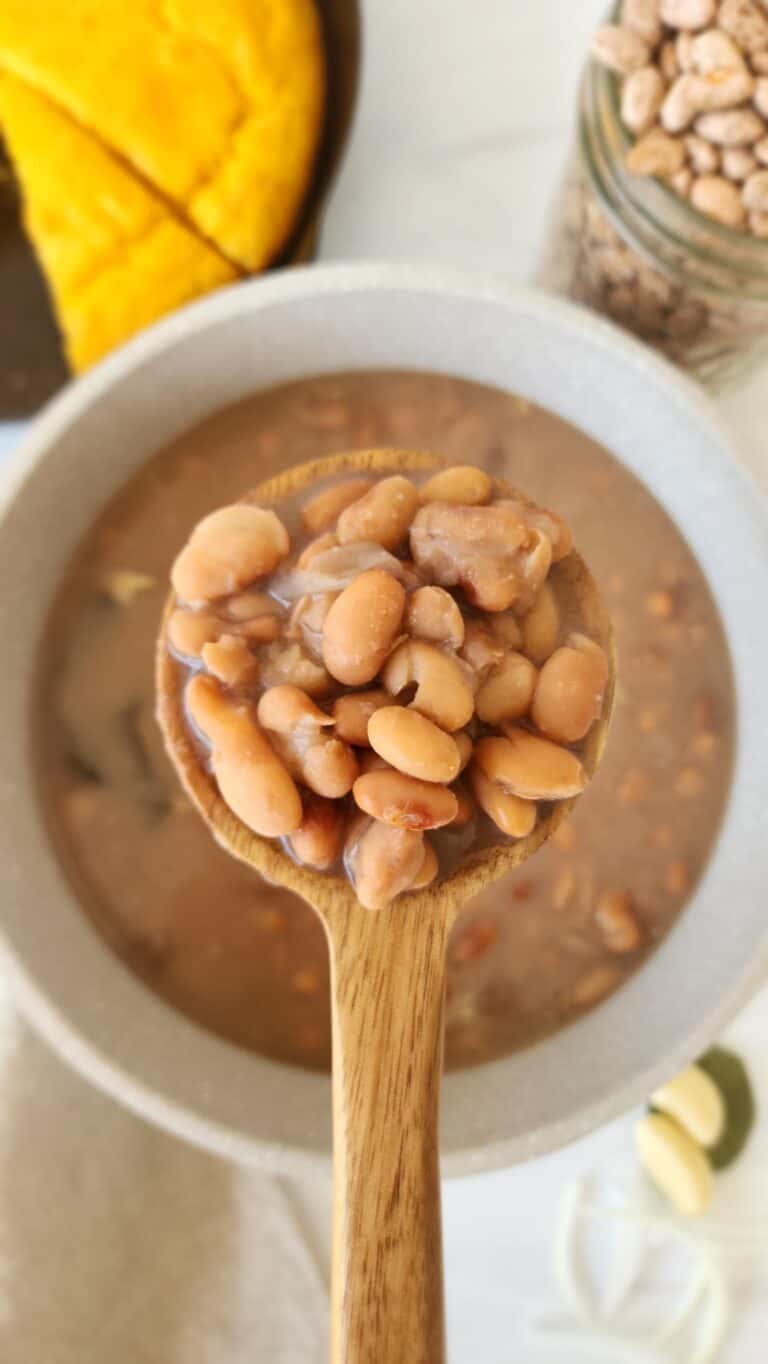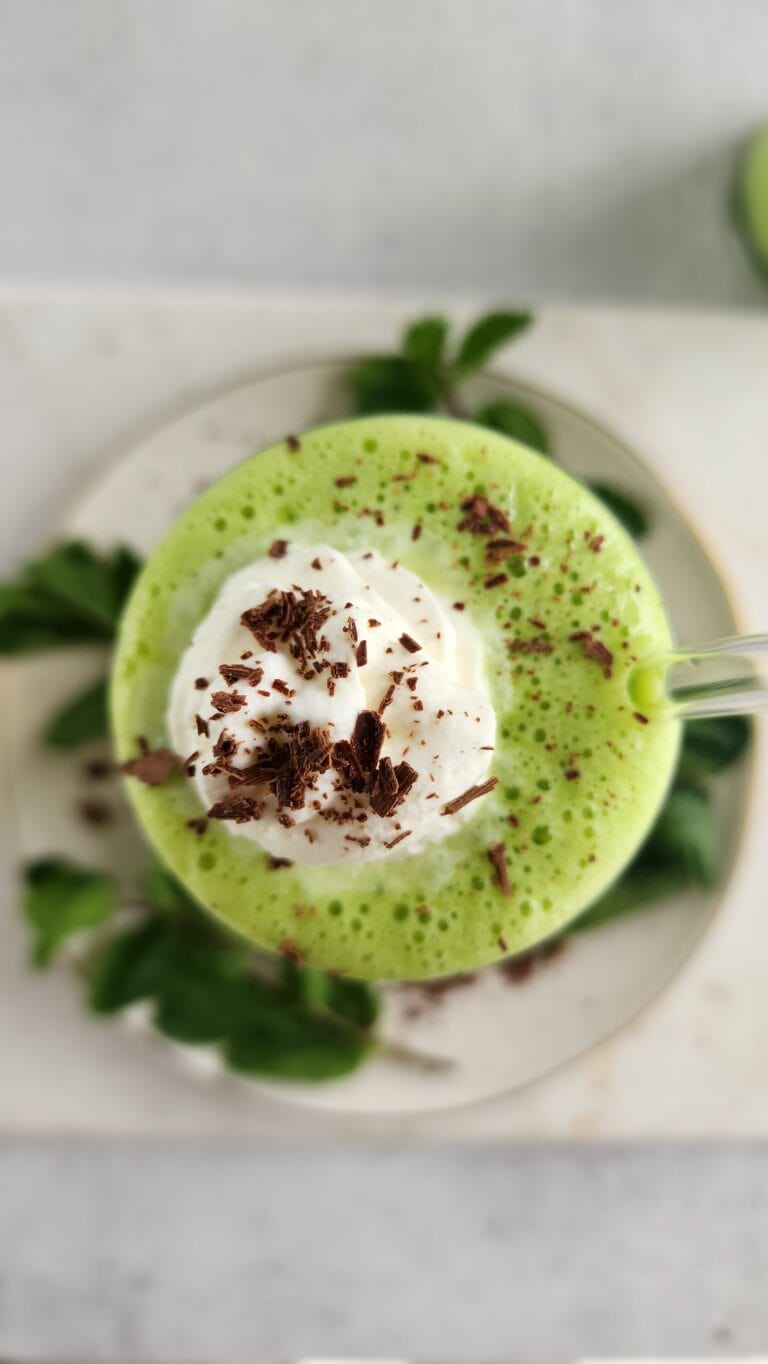It’s that time of year, when all the runners are out. Whether you’re training for a 5-K, half-marathon, or marathon, special attention should be placed not only on training for your runs but also on your nutrition. Maybe you’ve heard that you need to load up on your carbs, drink lots of water, and stay away from the fiber. But the question is, are you doing the right thing?
The food that you choose to fuel you through your run can make a big impact on your performance. Runners tend toward extremes: overdoing food or drink, cutting back on foods that give them fuel, or eating/drinking foods that may cause digestive disaster (aka runner’s trots). Here are some tips to not only help you avoid those common mistakes but also guide you in what to eat and drink. Having the proper nutrition before, during, and after the race can help you perform at your best.
The Mistake: Eating a box of pasta
Runners like to feast on carbs the night before a race. And why not, right? You’re going to burn through them the next day. But overloading your system with more carbs than it can handle may only lead to digestive problems (I’ve actually seen it happen during a race. Believe me, it wasn’t pretty). Running to the porta-potty every mile isn’t performing at your best.
The Fix:
The key is to consume moderate amounts – not huge portions all at once – of carbs several days prior. And make sure before the actual race that you’re trying this out. What works for one will not work for all, but the key is to train this way (no one wants any surprises on race day). You can have oatmeal for breakfast, quinoa for lunch, and whole-wheat pasta for dinner. Make sure you pay attention to your body’s cues – eat to fullness so that you’re not bothered by indigestion.
The Mistake: Drinking Gallons of H₂O
If you’re drinking too much water before the race it can leave you feeling bloated and can also dilute your electrolytes (those minerals responsible for muscle contraction). Other side effects from diluting your electrolytes: muscle weakness or cramping, and in extreme cases, can lead to hyponatremia (a life-threatening condition triggered by abnormally low sodium levels).
The Fix:
The key is to stay hydrated days leading up to your race. Make sure you’re taking in enough water (refer to the color of your urine to let you know. The darker, more concentrated in color means you are dehydrated. Urine should be almost clear in color). On the morning of the race, you can have ~16 ounces of water two to three hours before the start, allowing your body time to process this extra fluid; drink another one to two cups right before the start (and of course hydrate throughout the race).
The Mistake: Loading up on Fiber
Eating healthy means including ~25-35 grams of fiber per day. Fiber should be gradually included into one’s diet – otherwise uncomfortable gas & runner’s trots may ensue. So if you’re used to having a high-fiber diet, all that roughage right before a race shouldn’t be a problem. But if you’ve been living on pizza and burgers, now is not the time (a week before race-day) to try to have 25 grams of fiber in a day. Mix the high-fiber foods with prerace jitters and well, accidents may occur.
The Fix:
The truth is that one should be training with these foods during your practice runs and then you can see how your body reacts. But if you think that fiber may be an issue cut back on those foods a few days before a major race. If you’re racing every weekend, reduce your fiber intake only on race day to make sure you don’t cut all of the fiber out of your diet. (And if you’re doing races every weekend you really should be eating better).
The Mistake: Skipping Breakfast
There are many reasons that runners skip breakfast before a race: too nervous or worried about feeling full, don’t wake up early enough, and as is my case, burping ensues the whole way. Without it, you’re likely to tank in any race. Why? Studies show that a prerace meal keeps your blood sugar steady and provides energy to power you through. If you skip breakfast there’s no way to get enough fuel mid-race.
The Fix:
If you know you get too nervous to eat before a race, try waking up a few hours before the start. This will allow you to eat slow, letting each bite settle before taking another. If you can’t stomach solid foods, try drinking a smoothie (bananas, peanut butter, & milk). These ingredients are easy on most stomachs, provide energy, and won’t leave you feeling overly full. Make sure to test these out and see which works best for you.
The Mistake: Trying Something New
If you’ve never had a spicy tuna roll, don’t order it the night before your race. You won’t know how a food affects you until you’ve tried. Last minute experimentation could send you straight to the bathroom and might even leave you dehydrated.
The Fix:
Stick with what you know a week before the race. You can also check the race website to see which drinks and gels (if any) will be offered along the course. Test them out in advance. Don’t be afraid to skip the prerace dinner or hotel breakfast. Remember if you’re not used to it, stick with something you know. For my race in November it’s in Puerto Rico. I’ll make sure to bring some stuff that I’m familiar with – I always travel with food.
Eat better
If you can find time to train hard, you can also find the time to fuel-up right! Competitive athletes that don’t show up for meals might as well not show up for training. You’ll lose your edge with hit or miss fueling. Make sure to fuel-up with good nutrition – you’ll always win!
